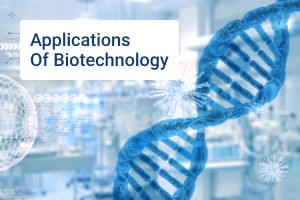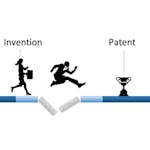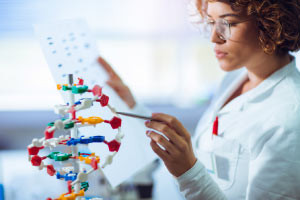Description
Since the Industrial Revolution, fossil fuels have been the primary source of energy for society. They supply raw materials for the production of many everyday products that we take for granted, such as pharmaceuticals, food and beverages, materials, plastics, and personal care.
As the twenty-first century progresses, we will require smarter, more predictable, and more sustainable chemical manufacturing solutions.
Industrial biotechnology is transforming the way we make chemicals and materials while also providing us with a renewable energy source. It is at the heart of sustainable manufacturing processes and an appealing alternative to traditional manufacturing technologies for commercially advancing and transforming priority industrial sectors, yielding more and more viable environmental solutions in the form of new chemicals, new materials, and bioenergy.
The key enabling technologies that underpin biotechnology research will be covered in this course, including enzyme discovery and engineering, systems and synthetic biology, and biochemical and process engineering. Much of this information will be presented in the form of lectures to ensure that you have a solid foundation in these key areas. We will also consider broader issues related to sustainable manufacturing, such as responsible research and innovation, as well as bioethics.
In the second part of the course, we will look at how these technologies are translated into real-world applications that benefit society and have an impact on our daily lives. This will include feedback from industry stakeholders and collaborators in the pharmaceutical, chemical, and biofuels industries.
You will be able to do the following by the end of this course :
- Be familiar with enzymatic function and catalysis.
- Describe the technologies and methodologies that support systems and synthetic biology.
- Discuss the various ethical and regulatory/governance challenges involved in this research, as well as the diversity of synthetic biology applications.
- Understand the principles of bioprocessing and biochemical engineering, as well as their roles in industrial biotechnology.
- Engage in an informed discussion of the key enabling technologies that underpin industrial biotechnology research.
- Describe industrial biotechnology products and processes, as well as their applications in healthcare, agriculture, fine chemicals, energy, and the environment.
Syllabus :
1. Enzymes, Enzyme Discovery and Engineering
- Welcome to Industrial Biotechnology
- Introduction from Nigel Scrutton
- Overview and introduction
- How do enzymes work?
- How do we discover enzymes for application in biotechnology?
- How can we study and characterise the catalytic activity of enzymes?
- Engineering Enzymes I: Directed Evolution
- Engineering Enzymes II: Rational Design of Biocatalysts
2. Methods in Systems and Synthetic Biology
- Introduction from Rainer Breiting
- Introduction to Synthetic Biology: Visions for Biotechnology 2.0
- Designing biological systems: Computational modelling and systems biology
- Building biological systems I: Genome synthesis and genome editing
- Controlling and engineering pathways in Synthetic Biology
- Testing Biological Systems Biological debugging using metabolomics
- Deploying biological systems: Perspectives on Responsible Research & Innovation and bioethics I
- Deploying biological systems: Perspectives on Responsible Research & Innovation and bioethics II
- Conclusions and Outlook Systems and Synthetic Biology
3. Biochemical and Bioprocess Engineering
- Introduction from James Winterburn
- Introduction from James Lawrence and Michael Sulu
- Introduction to Biochemical and Bioprocess Engineering
- Microbial fermentation processes and bioreactor design
- Biocatalysis and enzymatic processes
- Recovery and purification of small molecules
- Recovery and purification of large molecules
- Process economics and scale-up
4. Pharmaceuticals and Fine Chemicals
- Introduction from Nick Turner and Andy Wells
- Industrial Example 1: Hydrolases
- Industrial Example 2: Transaminase
- Industrial Example 3: DERA Aldolase
- Industrial Example 4: Alcohol Dehydrogenases
- Industrial Example 5: Nitrile Hydratases
- Industrial Example 6: Amino Acid Oxidases
5. Case Studies: Bioenergy and Biomaterials
- Introduction from David Leys
- The challenges of sustainable bioenergy development
- New routes to biofuel production
- Membrane processes in industrial biotechnology
- Enzymatic biofuel cells
- Biomaterials: engineering cell niches hydrogels
- Biomanufacturing
6. Case Studies: Glycoscience and Biotherapeutics
- Introduction from Sabine Flitsch
- Introduction from Alan Dickson
- Introduction to glycoscience
- Glycoscience: pharmaceuticals & personalised medicines
- Glycoscience: other applications
- Biopharmaceuticals: the clinical significance
- Biopharmaceuticals: the technical stuff
- Biopharmaceuticals: the industrial perspective









